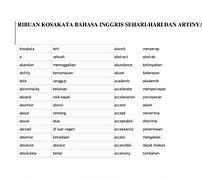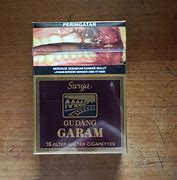
Yes, they both mean the same. I can't see much nuance between them either. I think perhaps 'the whole day' very slightly emphasises the length of time (but that could just be my impression – they are very similar).
From the choice you have given
A possible phrase using whole would be
I'm there [for] the whole day
Without the article the your second option doesn't make sense.
kb. 1 keseluruhan. 2 jumlah. -ks. 1 seluruh. 2 lengkap. 3 bulat, utuh. whole-hearted ks. tulus, ikhlas, sungguh-sungguh, sepenuh hati. whole-wheat ks. tepung terigu yang terdiri dari biji-biji terigu
Thể hiện sự cảm kích một cách mà likes và stamps không thể.
Bằng việc gửi quà cho ai đó, có khả năng Họ sẽ tiếp tục trả lời câu hỏi cảu bạn!
Nếu bạn đăng một câu hỏi sau khi gửi quà cho ai đó, câu hỏi của bạn sẽ được hiển thị ở một vùng đặc biệt trên feed của họ.
The expression, "to take up" with a time period means to occupy that time period, or to use it up.
"Cleaning up this mess is going to take up the whole day."
"Almost half of my vacation was taken up by bus rides."
"I wish you wouldn't take up my time with this petty stuff."
But I think it is unusual to separate the word "up" from "take" as it appears in your example. Usually people would rearrange it and say, "to take up a whole day."
B. The weather wasn't terrible enough for us to spend the whole day indoors.























